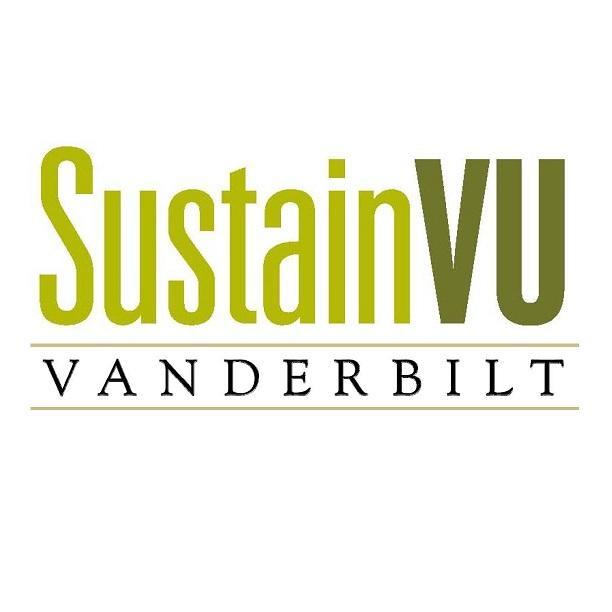On March 17, SustainVU began the switch to dual-stream recycling in an effort to create easier and more accessible opportunities for recycling on campus.
In contrast to the previous separate-stream recycling method, dual-stream recycling combines plastic and aluminum recyclables together rather than separating all recyclables out individually. Though a third of the 2500 recycling bins on campus are intended for aluminum recyclables, they are also the most underused. Volume of plastic recyclables, however, is steadily increasing, and the combination of the two allows collection of more volume in individual recycling bins with minimal cost impact or need for additional recycling bins.
According to SustainVU recycling coordinator Matthew Buckley, the most important benefit of this transition is increased ease-of-use of recycling resources, which he hopes will lead to increased recycling rates moving forward.
“I hope the short-term impact is that we do see more participation in the recycling program, that people see it as easier to use, and they’ll be more willing to place their cans and bottles in the recycling,” Buckley said. “I hope that continues as a long-term impact, that we continue to reduce recyclables in the waste stream by encouraging greater participation. And also the big long term is that I hope this allows us to, and I do see it allowing us to expand recycling in more areas of campus, to again increase the accessibility.”
I hope the short term impact is that we do see more participation in the recycling program
SustainVU began the process of moving to dual-stream recycling by looking at the future and thinking about what areas they wanted to focus on in terms of increasing access to recycling on campus while considering the ecological footprint, the aesthetics and the cost of any possible changes. Currently, the amount of waste the recycling program diverts from the landfill is around 50 percent, a number the program hopes to increase with both recent and future changes to the recycling program.
Part of this new program has also focused on increasing involvement from both VSG and Greek Life in recycling on campus, a change beginning with installation of recycling bins in Greek houses in an effort to increase awareness and participation within the house. Because Buckley believes that the greatest challenge in enforcing the importance of recycling is getting the word out to students, he thinks this decision to work with large organizations on campus will prove beneficial.
“It’s getting that word out and just working with housing and other areas and building those relationships internally in order to facilitate and use the channels to communicate the information out [that’s important],” Buckley said.
Moving forward with the push for increased recycling on campus, Buckley stresses the importance of mindfulness and increased education about the impact of recycling.
“Recycle more and make sure you’re buying recycled materials,” Buckley said. “If you’re not buying recycled materials then you’re really not recycling at all. There needs to be a demand for materials that have recycled content in order for the materials that we’re collecting as recyclables to have any value and to continue to have a demand. Recycled materials are becoming more and more accessible. “

